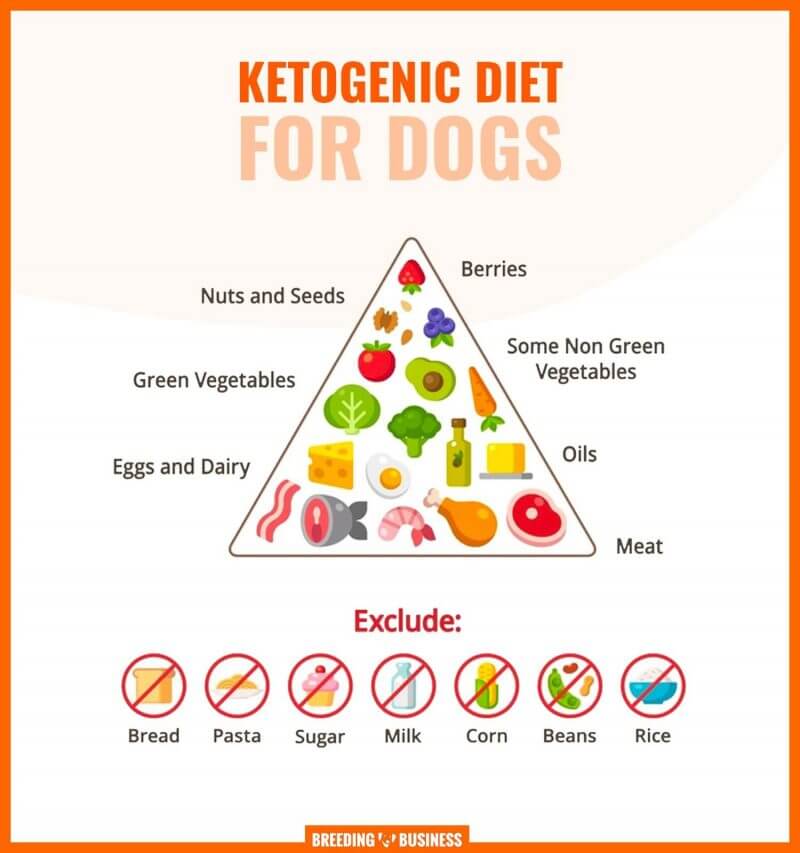The classic ketogenic diet is a special high fat low carbohydrate diet that helps to control seizures in some people with epilepsy.
Ketogenic diet for dogs with epilepsy uk.
A ketogenic diet for dogs may have other benefits.
As for dogs with seizures option 3 is best recommended.
A ketogenic diet for dogs helps prevent seizures in dogs with epilepsy according to a recent trial published in the british journal of medicine.
Doctors usually recommend the ketogenic diet for children whose seizures have not responded to several different seizure medicines.
Virtually all kibble canned dog foods and treats available commercially contain too high.
Canine nutritionist lew olson phd provides good information about this approach to feeding a dog with epilepsy.
She recommends reducing carbs in the diet or eliminating them completely along with increasing fat and protein which is similar to a ketogenic diet though not as extreme.
Even for dogs diagnosed with cancer or epilepsy they should be introduced with option 1 keto diet.
The diet purina pro plan veterinary diets nc neurocare will be available to those with a veterinary prescription in the usa starting in march.
Several other health benefits can make this diet attractive even for a healthy dog.
A dog falls into ketosis once its body uses ketone bodies as primary fuel over glucose.
Dogs with cancer can follow the diet in option 2.
Since the ketogenic diet is also recommended to humans for treating epilepsy the diet is expected to show great results in dogs as well.
In a recent study of 21 epileptic dogs on a keto diet seven had a 50 reduction in seizure frequency and three of them became seizure free.
The ketogenic diet kd is a high fat low carbohydrate controlled protein diet that has been used since the 1920s for the treatment of epilepsy.
Research from the rvc canine epilepsy clinic leads to the development of the first and only diet to help nutritionally manage dogs with idiopathic epilepsy as an adjunct to veterinary therapy.
The diet is a medical treatment and is usually only considered when at least two suitable medications have been tried and not worked.
If there are no negative reactions to the diet after 1 2 weeks dogs suffering from health issues may gradually switch to other options.
This is achieved by following a ketogenic diet which is very low on carbohydrates and very high in fats and proteins.
Clinicial trials of the ketogenic diet in the management of paediatric epilepsy show that it is a beneficial way to reduce seizures in children but studies outside of this area are limited.





























